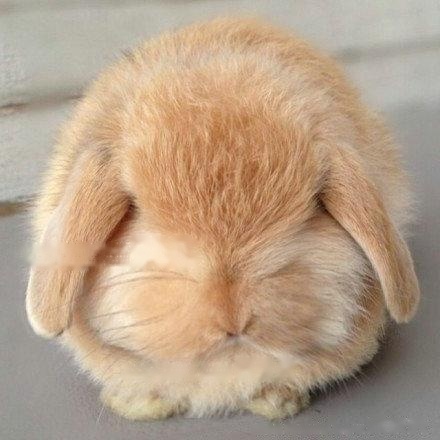
Many people who care for Tutu don't know how to communicate with Tutu. Now petnet editor will teach you to identify the meaning of Tutu:
1. Cooing Grunting
Usually dissatisfied with the owner's behavior or with another rabbit. Cooing means the rabbit is dissatisfied and angry. Just as a rabbit doesn't like being hugged and touched, he will coo. If you don't stop that behavior, you may be bitten!
2. Sniffing
The sniffing sound means that the rabbit feels that something or some action makes him feel threatened. If your action makes the rabbit feel threatened, it may be bitten if you don't stop that action.
3. Screaming
Rabbits' screams, like humans, usually represent fear or pain. If you hear a rabbit scream suddenly, the owner should pay more attention immediately, because the rabbit may be injured.
4. Tooth Grinding
a. Loud Grinding
It means that the rabbit is in pain. It is best to take the rabbit to see a veterinarian.
b. Soft Grinding
means that the rabbit is satisfied and happy. When the rabbit is grinding its teeth lightly, if you reach out and touch the rabbit's chin, you can feel the molars rubbing. At this time, the rabbit's eyes are usually half-open and closed.
5. Teeth Chattering/ Crunching
When the rabbit grits its teeth, it means pain. At this time, the rabbit will generally bend up and sit, with the ears back and close to the body.
6. Purring
Like cats, rabbits purr when they are satisfied. However, the difference between rabbits and cats is that cats use their throats to make sounds, but rabbits use their teeth to make sounds.
7. Hissing
Rabbits usually hiss at another rabbit. The hissing sound is a warning to fight back, mainly to tell the other rabbit to stay away, otherwise he will attack.
8. Honking call in heat
The call in heat is different from cooing. The call in heat is a low, low, regular call. Usually male rabbits make this call when chasing female rabbits. Sterilization can reduce this type of estrus behavior, but it cannot completely eliminate it. The neutered male rabbit will still chase the female rabbit and capture the female rabbit.
![[Dog Training 5] The training method of pet dog dining etiquette](/static/img/12192/12192_1.jpg)




